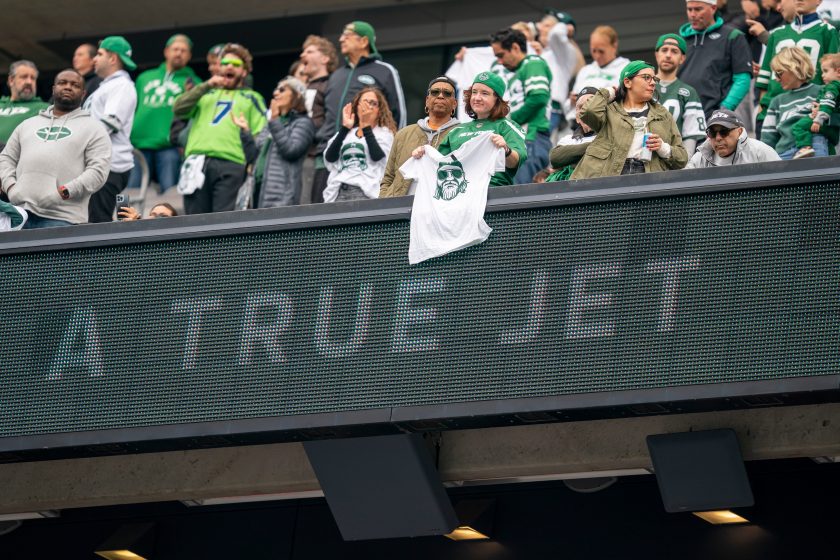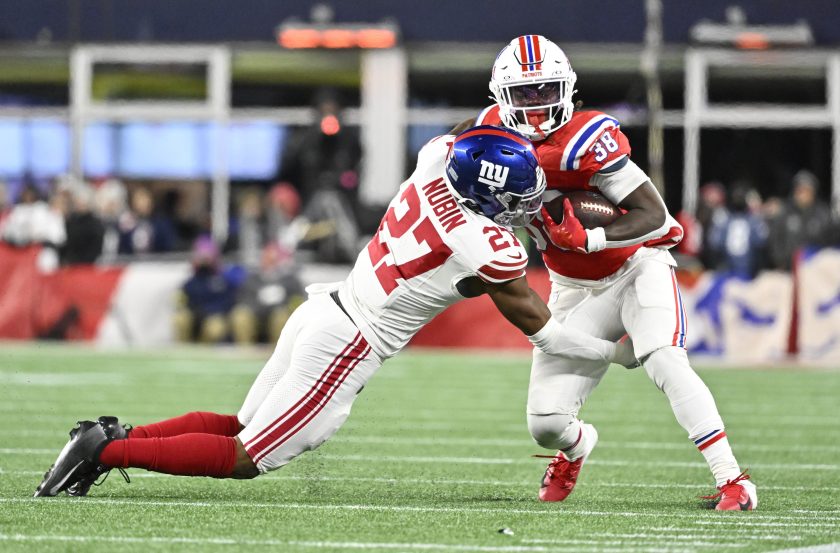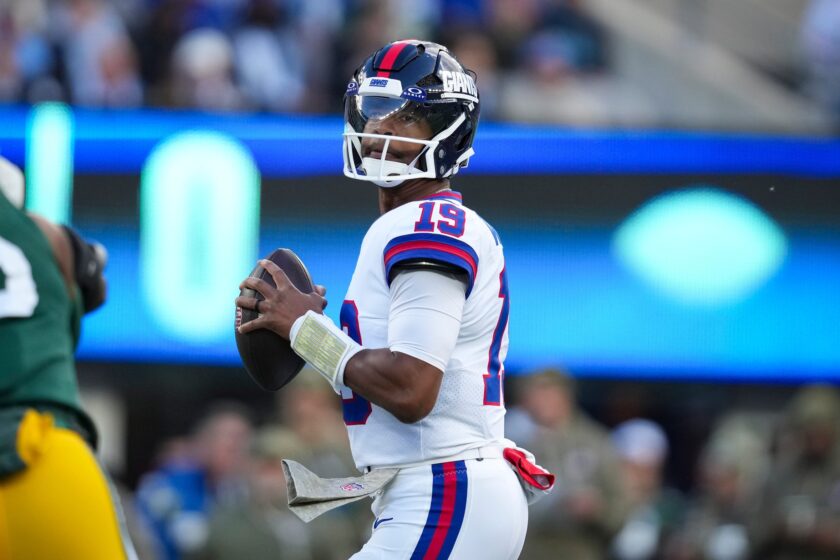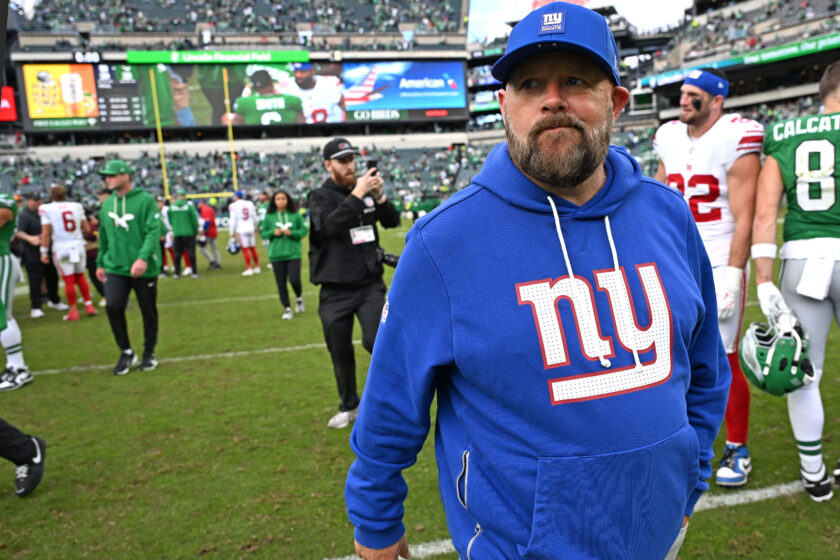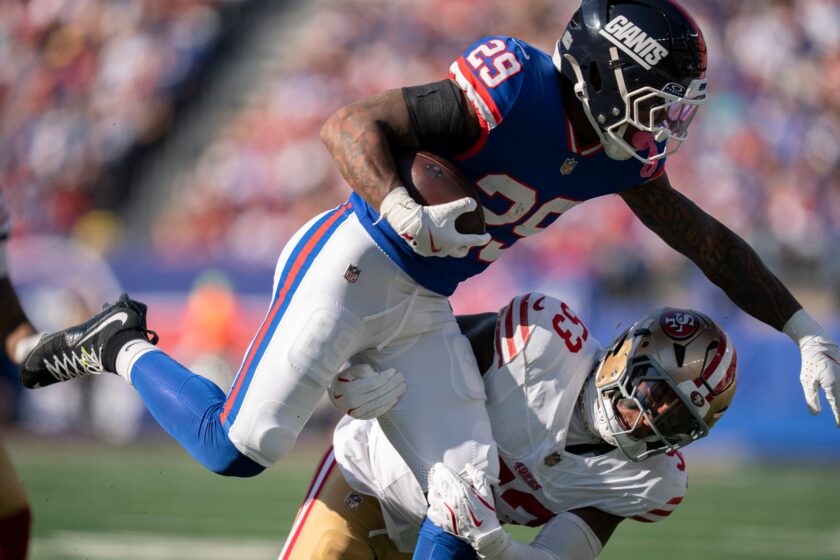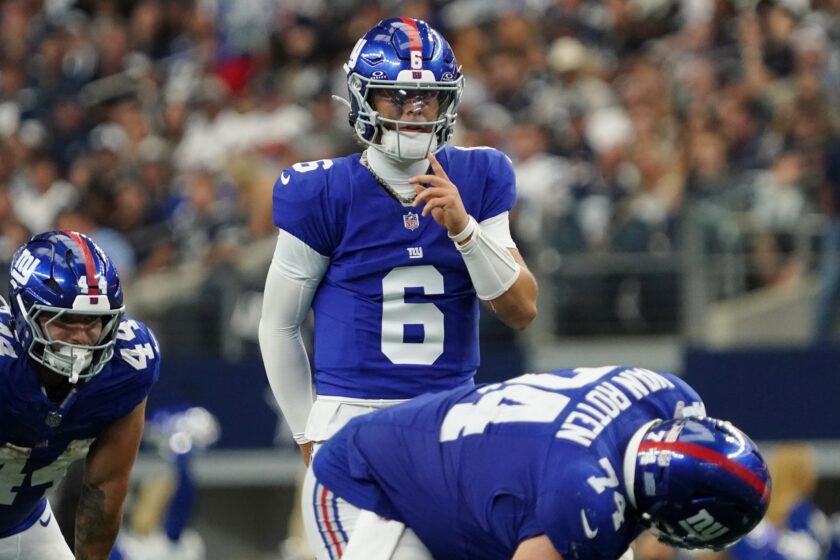The Good, The Bad, and The Ugly: Eli Manning’s 2015 Season Thus Far
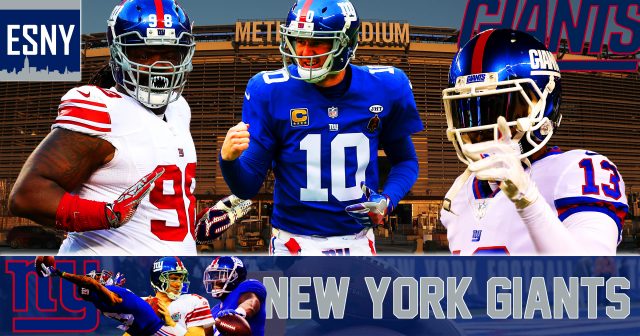
The Good
In 76 pass attempts, Manning has yet to throw a single interception, let alone hoist a pass doomed to enter the hands of an awaiting member of an opponent’s secondary.
All told, Manning has been solid in throwing the ball, completing passes at a respectable completion rate of 61.8%, a conversion clip well-above his career average.
Against the Falcons on Sunday, the ball was coming out of Eli’s hand far more crisply than it had against Dallas the week before. He continues to zip the ball through tight windows, evidenced by his third-down conversion to Odell Beckham, Jr. in the closing moments of the Dallas loss and his first touchdown throw to Beckham against Atlanta. His rapport with Beckham remains synchronized, if not transcendent, and as the season progresses, the connection between the two will only blossom, regardless of what coverage Beckham finds himself battling.
For as long as Eli and Beckham are healthy, there is no counting out the tandem as one of the NFL’s best, not to mention the Giants’ chances at winning the division in light of injuries to Tony Romo and Dez Bryant in Dallas, the growing ineptitude of Chip Kelly’s offense in Philadelphia, and the uncertainty of Alfred Morris and Matt Jones continuing their pace in Washington.
To add to his past accolades, Manning, on Sunday, became just the fifteenth player in NFL history to throw for over 40,000 yards, and with his touchdown to Beckham, he is tied for twelfth all-time (261) with Dave Krieg. Other than Krieg and Vinny Testaverde, every quarterback above Eli is either in the Hall of Fame (Dan Marino, Fran Tarkenton, John Elway, Warren Moon, Johnny Unitas, and Joe Montana) or will be (brother Peyton, Brett Favre, who could be inducted as early as next year, Tom Brady, and Drew Brees). Additionally, only three of them (Brady, Elway, and Montana) won multiple titles as Eli has.
I am an English teacher, music and film aficionado, husband, father of two delightful boys, writer, sports fanatic, former Long Islander, and follower of Christ.
Based on my Long Island upbringing, I was groomed as a Yankees, Giants, Rangers, and Knicks fan, and picked up Duke basketball, Notre Dame football, and Tottenham Hotspur football fandom along the way.

